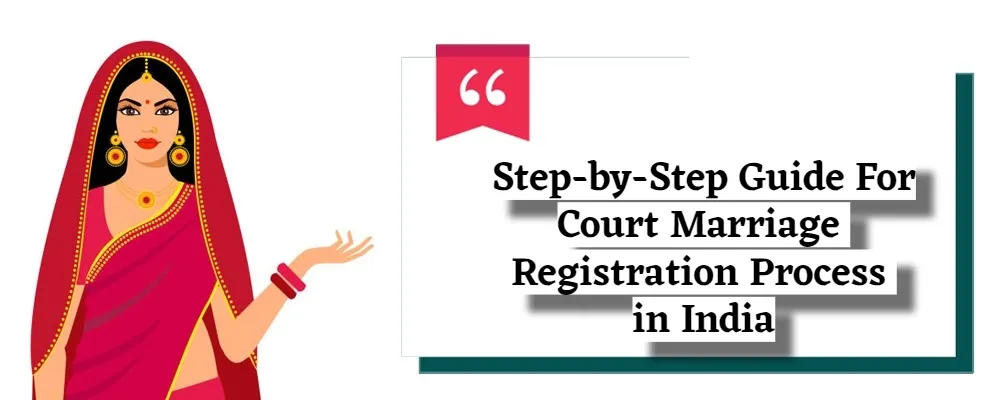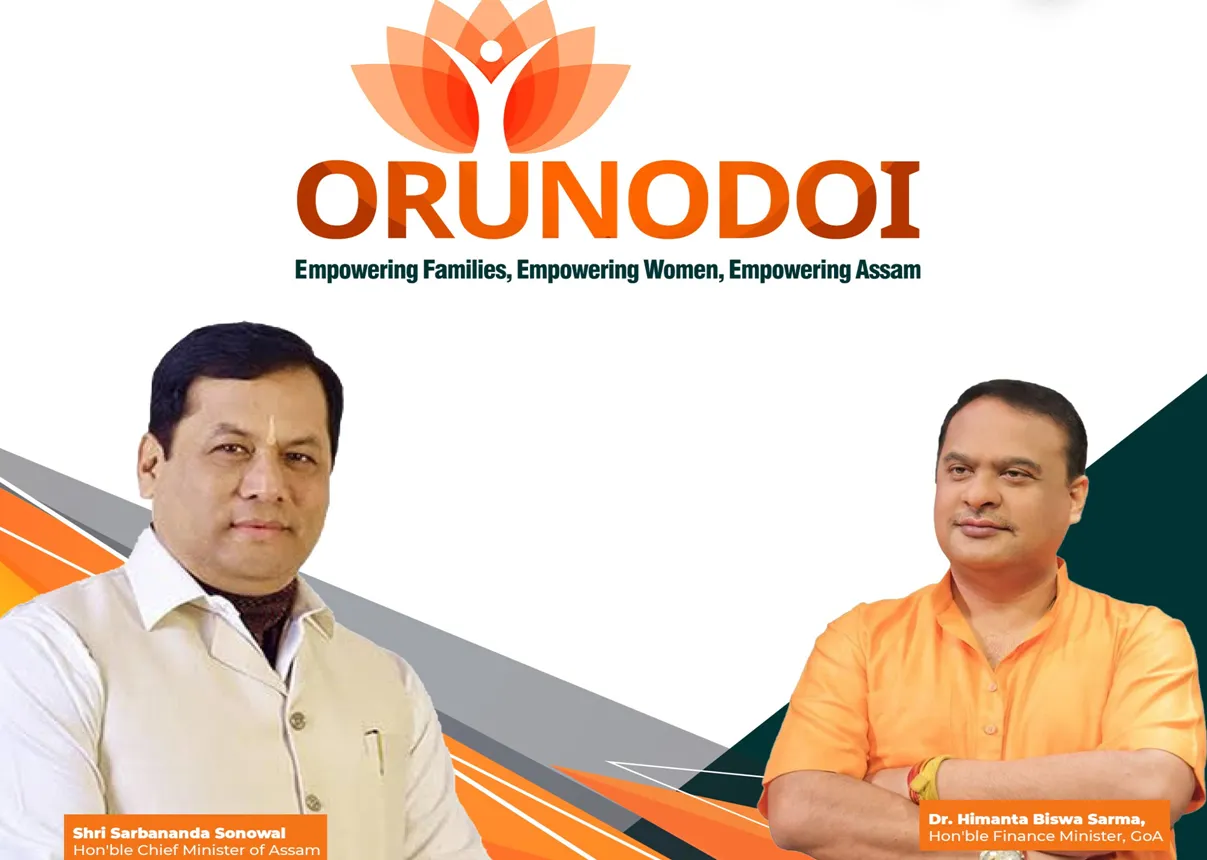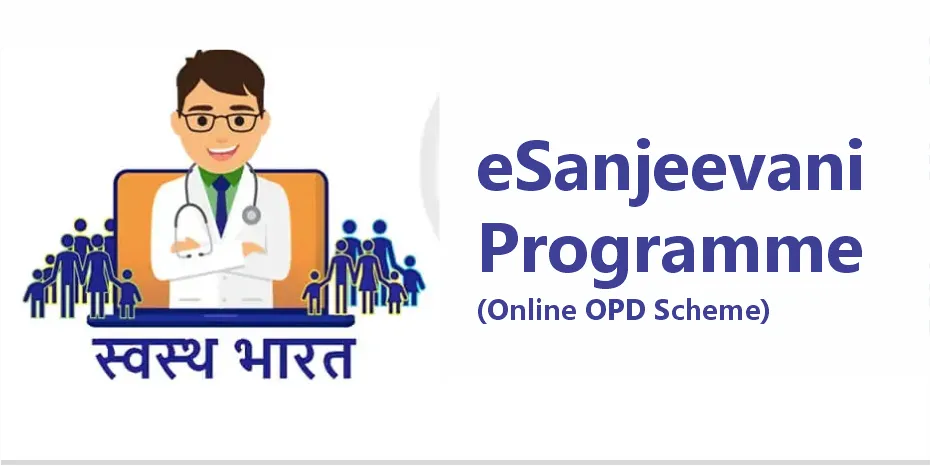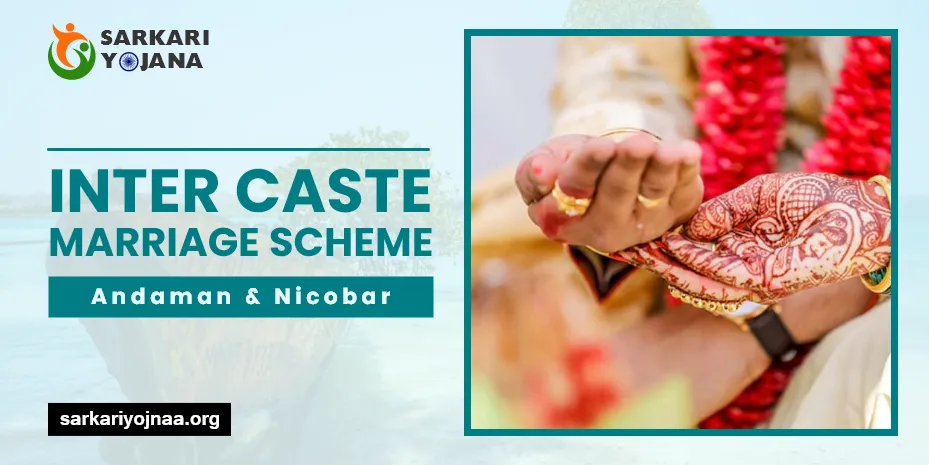Court marriage is a legal procedure that has gained popularity in India as an alternative to traditional marriage ceremonies. It offers a simpler, more cost-effective, and legally recognized way for couples to tie the knot. However, it is essential to understand the court marriage procedure in India, including eligibility criteria, required documents, and the registration process, to ensure that the marriage is valid and legally recognized. This article will provide a comprehensive guide to court marriage in India, outlining the benefits, challenges, and requirements of this process.
Contents
- 1 Court Marriage in India: Overview
- 2 Court Marriage Registration Process in India (Detailed Guide)
- 3 PDF Form Download for Court Marriage Registration
- 3.1 Advantages of Court Marriage in India
- 3.2 Challenges and Limitations of Court Marriage in India
- 3.3 Assistance for Court Marriage Registration in India
- 3.4 FAQs for Court Marriage Procedure in India
- 3.4.1 What is court marriage?
- 3.4.2 What are the eligibility criteria for court marriage in India?
- 3.4.3 What are the documents required for court marriage in India?
- 3.4.4 What is the process of court marriage registration in India?
- 3.4.5 How long does it take to register for court marriage in India?
- 3.4.6 Is court marriage legally recognized in India?
- 3.4.7 What are the advantages of court marriage in India?
- 3.4.8 What are the challenges and limitations of court marriage in India?
- 3.4.9 Where can I get assistance for court marriage registration in India?
Court Marriage in India: Overview
Here’s an overview of court marriage in India in a table format:
| Aspect | Details |
| What is Court Marriage | A legal process where a couple gets married in a court of law, without any religious or traditional ceremonies. |
| Eligibility Criteria |
|
| Required Documents | Identification Proof, Residence Proof, Age Proof, Passport size photographs |
| Registration Process | Offline via Court |
| Advantages | Legal recognition of the marriage, Protection of rights of parties, Simplicity of the process, and Cost-effective. |
| Challenges and Limitations | Social stigma and opposition, Prohibition in certain communities, and Lengthy process in some states. |
What is Court Marriage in India?
Court marriage is a legal procedure that has gained popularity in India as an alternative to traditional marriage ceremonies. It is a simple, cost-effective, and legally recognized way for couples to get married without any religious or traditional rituals. In this article, we will provide a comprehensive guide to court marriage in India, outlining the benefits, challenges, and requirements of this process.
Court marriage is a marriage solemnized between two individuals in a court of law, without any religious or traditional rituals. It is governed by the Special Marriage Act, of 1954, which provides a legal framework for inter-caste, inter-religious, and love marriages in India. Court marriage provides legal recognition of the marriage and protects the rights of the parties involved.
Importance of Court Marriage Procedure in India
Understanding the court marriage procedure in India is essential to ensure that the marriage is valid and legally recognized. Failure to follow the legal process could lead to complications in the future, such as denial of spousal benefits, inheritance rights, and property rights. Therefore, it is crucial to be aware of the eligibility criteria, required documents, and registration process for court marriage.
Court marriage in India is a legal procedure that provides a simple, cost-effective, and legally recognized way for couples to get married. It is essential to understand the eligibility criteria, required documents, and registration process to ensure that the marriage is valid and legally recognized. Couples should weigh the advantages and disadvantages of court marriage before making an informed decision.
Eligibility for Court Marriage Registration in India
Court marriage is a legal procedure that allows two individuals to get married without any religious or traditional rituals. To be eligible for court marriage in India, certain criteria must be met. In this article, we will discuss the eligibility requirements for court marriage, including age requirements, mental capacity requirements, and the prohibition against marriage within certain degrees of relationship.
- Age Requirements
To be eligible for court marriage in India, both parties must meet the age requirements. According to the Indian Majority Act, of 1875, the age of majority for males and females is 18 years. Therefore, both parties must be at least 18 years old to get married in court. If either party is below 21 years of age, written consent from their parents or guardians is required.
- Mental Capacity Requirements
Both parties must be of sound mind and capable of giving free and informed consent to the marriage. This means that they must not suffer from any mental illness that could impair their judgment or decision-making abilities. If either party is unable to understand the nature and consequences of the marriage due to mental illness, the marriage may be declared null and void.
Prohibition Against Marriage Within Certain Degrees of Relationship
The Special Marriage Act, of 1954, prohibits marriage between certain degrees of relationship. These include
- Sapinda Relationship: Marriage between parties who are within five degrees of lineal descent or two degrees of collateral descent is prohibited. For example, a person cannot marry their grandfather’s sister or cousin.
- Prohibited Relationship: Marriage between parties who are related by marriage or adoption is prohibited. For example, a person cannot marry their sister-in-law or their adoptive brother.
To be eligible for court marriage in India, both parties must meet the age requirements, mental capacity requirements, and prohibition against marriage within certain degrees of relationship. It is essential to meet these criteria to ensure that the marriage is legally recognized and valid. Couples should carefully consider these eligibility requirements before deciding to get married in court.
Documents Required for Court Marriage in India
Court marriage is a legal procedure that requires certain documents to be submitted for the marriage to be registered under the Special Marriage Act, 1954. In this article, we will discuss the documents required for court marriage, including identification documents, residence proof, age proof, passport-size photographs, and other important documents.
- Identification Documents
Both parties must provide valid identification documents such as Aadhar Card, Voter ID, Passport, or Driving License. These documents must be up-to-date and in good condition. The identification documents are necessary to verify the identity of the parties and to prevent fraudulent marriages.
- Residence Proof
The parties must provide proof of residence in India. This can be done by submitting documents such as a ration card, electricity bill, telephone bill, bank statement, or any other document issued by a government agency. The documents must be recent and show the current address of the parties.
- Age Proof
Proof of age is essential for court marriage. Both parties must submit their birth certificates, school leaving certificates or any other document that proves their age. If either party is below 21 years of age, written consent from their parents or guardians is required.
- Passport Size Photographs
Both parties must submit passport-size photographs that are recent and clear. The photographs must be taken against a light-colored background and should show the full face of the person.
- Other Important Documents
In addition to the above documents, the parties may be required to submit other important documents such as a divorce decree (if either party was previously married), the death certificate of the former spouse (if either party was widowed), or any other document required by the Marriage Registrar.
Court marriage in India requires certain documents to be submitted for the marriage to be registered under the Special Marriage Act, of 1954. The documents required include identification documents, residence proof, age proof, passport-size photographs, and other important documents. It is essential to provide accurate and up-to-date documents to ensure that the marriage is legally recognized and valid. Couples should ensure that they have all the required documents before applying for court marriage.
Court Marriage Registration Process in India (Detailed Guide)
Court marriage is a legal procedure in India that requires the registration of the marriage under the Special Marriage Act, 1954. In this article, we will discuss the step-by-step process of court marriage, the role of witnesses, the time taken for registration, fees, and a table outlining the process.
Step-by-Step Process of Court Marriage
- Step 1: Notice of Intended Marriage
Both parties must give a notice of intended marriage to the Marriage Registrar of the district where either of them has been residing for at least 30 days prior to the date of the notice. The notice must be in writing and should state the intended marriage date, time, and place.
- Step 2: Publication of Notice
The Marriage Registrar will then publish the notice in the local language in his office and on the notice board of the district court for 30 days.
- Step 3: Objections to Marriage
Any person can file an objection to the marriage within 30 days of the publication of the notice. If no objections are filed, the marriage can proceed.
- Step 4: Marriage Registration
The parties can then get married in court within the next 60 days from the date of the notice. The marriage must be solemnized in the presence of a Marriage Officer and two witnesses.
- Step 5: Marriage Certificate
The Marriage Officer will then issue a marriage certificate after the marriage has been solemnized.
Role of Witnesses for Court Marriage Registration
Two witnesses must be present during the marriage ceremony. They can be relatives, friends, or any other person who is not a party to the marriage. The witnesses must be over 18 years of age and must have valid identification documents.
Time Taken for Registration in Court for Marriage
The entire court marriage registration process can take up to 60 days from the date of the notice. This includes the publication of the notice, objections (if any), and the solemnization of the marriage.
Fees Payment for Court Marriage Registration
The fees for court marriage registration vary from state to state. In general, the fees are nominal and range from ₹100 to ₹1,000.
Court marriage in India requires the registration of the marriage under the Special Marriage Act, 1954. The court marriage registration process involves giving notice of the intended marriage, publication of the notice, objections to marriage, marriage registration, and issuance of the marriage certificate. The role of witnesses is also important in court marriage. The time taken for registration and fees varies from state to state. Couples should ensure that they follow the court marriage registration process correctly to ensure that their marriage is legally recognized and valid.
PDF Form Download for Court Marriage Registration
Here are some important links related to court marriage in India:
- Download Court Marriage Registration Form: https://edistrict.delhigovt.nic.in/eDownload/InputForm/Input_9073.pdf
- Ministry of Law and Justice, Government of India: https://lawmin.gov.in/
- National Portal of India: https://www.india.gov.in/
- Online Marriage Registration System: https://marriage.gov.in/
- Ministry of External Affairs, Government of India: https://mea.gov.in/
- National Legal Services Authority: http://nalsa.gov.in/
- Indian Courts: https://indiancourts.nic.in/
These links can provide valuable information on court marriage registration procedures, documents required, fees, and other relevant details. Couples can visit these websites to access important forms and documents, and to get in touch with the relevant authorities for any assistance or guidance required during the court marriage registration process.
Advantages of Court Marriage in India
Court marriage is becoming increasingly popular in India due to the many advantages it offers. In this article, we will discuss the advantages of court marriage, including legal recognition of the marriage, protection of rights of parties, simplicity of the process, and cost-effectiveness.
- Legal Recognition of the Marriage
One of the most significant advantages of court marriage is that it provides legal recognition of the marriage. This means that the marriage is recognized under the law, and the parties are entitled to all the legal rights and benefits that come with marriage. In case of any dispute or separation, court marriage provides a legal framework for the resolution of such issues.
- Protection of Rights of Parties
Another advantage of court marriage is that it provides protection of the rights of both parties. The Special Marriage Act, 1954, which governs court marriages, provides for various rights and obligations of parties. These include the right to inheritance, property, and maintenance. The act also provides for the protection of the interests of women and children.
- Simplicity of the Process
The court marriage process is relatively simple and straightforward. It involves giving notice of the intended marriage, publication of the notice, objections (if any), marriage registration, and issuance of the marriage certificate. The entire process can be completed within a few months, and there is no need for elaborate ceremonies or rituals.
- Cost-Effective
Court marriage is also cost-effective compared to traditional marriage ceremonies. The fees for court marriage registration are nominal and range from ₹100 to ₹1,000. There is also no need for expensive wedding ceremonies, which can save a significant amount of money for the parties.
Court marriage in India offers several advantages, including legal recognition of the marriage, protection of rights of parties, simplicity of the process, and cost-effectiveness. Couples who choose to opt for court marriage can enjoy all the legal rights and benefits of marriage without having to undergo elaborate wedding ceremonies. It is an excellent option for couples who want to get married quickly, simply, and without any hassle.
Challenges and Limitations of Court Marriage in India
While court marriage in India offers several advantages, there are also some challenges and limitations that couples may face. In this article, we will discuss the challenges and limitations of court marriage, including social stigma and opposition, prohibition in certain communities, and lengthy processes in some states.
- Social Stigma and Opposition
One of the main challenges that couples may face when opting for court marriage is social stigma and opposition. Some families and communities still view court marriage as a taboo or a dishonorable way of getting married. This can lead to opposition from family members, social isolation, and even threats of violence. The social stigma can also affect the couple’s employment and social opportunities.
- Prohibition in Certain Communities
In India, some communities prohibit court marriage, and it is not considered a legitimate way of getting married. This can make it challenging for couples who belong to these communities and want to get married through court marriage. In such cases, couples may have to either give up on court marriage or face social ostracism.
- Lengthy Process in Some States
The court marriage process can vary from state to state in India. In some states, the process is relatively simple and can be completed within a few months. However, in other states, the process can be lengthy, complicated, and time-consuming. This can lead to frustration and delays, especially if the couple needs to get married urgently.
Court marriage in India is not without its challenges and limitations. Social stigma and opposition, prohibition in certain communities, and lengthy processes in some states are some of the challenges that couples may face when opting for court marriage. However, despite these challenges, court marriage remains a popular and viable option for couples who want to get married simply, quickly, and without any hassle. It is essential for couples to be aware of these challenges and to plan accordingly to avoid any delays or complications.
Assistance for Court Marriage Registration in India
While court marriage in India is a simple and straightforward process, couples may require some assistance and guidance to navigate through the various steps involved. In this article, we will provide information on the different sources of assistance available for court marriage registration in India.
- Contact Details
Couples can get in touch with the office of the Registrar of Marriages in their city or town for assistance with court marriage registration. The contact details for the Registrar of Marriages can be found on the official website of the local government. Couples can also visit the Registrar’s office in person and speak to the officials for any queries or assistance.
- Helpline Numbers
The local government may have a helpline number for court marriage registration. Couples can call the helpline number and speak to the officials for any assistance or guidance. The helpline numbers are usually toll-free and available round the clock.
There are several sources of assistance available for court marriage registration in India. Couples can get in touch with the Registrar of Marriages, call the helpline number, access important links on the official website, and download the application form in PDF format for court marriage registration. It is important for couples to be aware of the sources of assistance available to them and to seek guidance if required to ensure a hassle-free court marriage registration process.
FAQs for Court Marriage Procedure in India
Here are some frequently asked questions (FAQs) related to court marriage procedure in India:
What is court marriage?
A court marriage is a legal process in which a couple gets married in a court of law instead of a traditional wedding ceremony.
What are the eligibility criteria for court marriage in India?
The eligibility criteria for court marriage in India include age requirements, mental capacity requirements, and the prohibition against marriage within certain degrees of relationship.
What are the documents required for court marriage in India?
The documents required for court marriage in India include identification documents, residence proof, age proof, passport size photographs, and other important documents.
What is the process of court marriage registration in India?
The process of court marriage registration in India involves submitting an application to the Registrar of Marriages, providing the required documents, and appearing before the Registrar along with witnesses for the solemnization of the marriage.
How long does it take to register for court marriage in India?
The time taken to register for court marriage in India varies from state to state. In some states, it can be completed within a day, while in others, it may take up to 30 days.
Is court marriage legally recognized in India?
Yes, court marriage is legally recognized in India under the Special Marriage Act, 1954.
What are the advantages of court marriage in India?
The advantages of court marriage in India include legal recognition of the marriage, protection of the rights of parties, simplicity of the process, and cost-effectiveness.
What are the challenges and limitations of court marriage in India?
The challenges and limitations of court marriage in India include social stigma and opposition, prohibition in certain communities, and lengthy process in some states.
Where can I get assistance for court marriage registration in India?
Couples can get assistance for court marriage registration in India by contacting the Registrar of Marriages, calling the helpline number, accessing important links on the official website, and downloading the application form in PDF format for court marriage registration.




